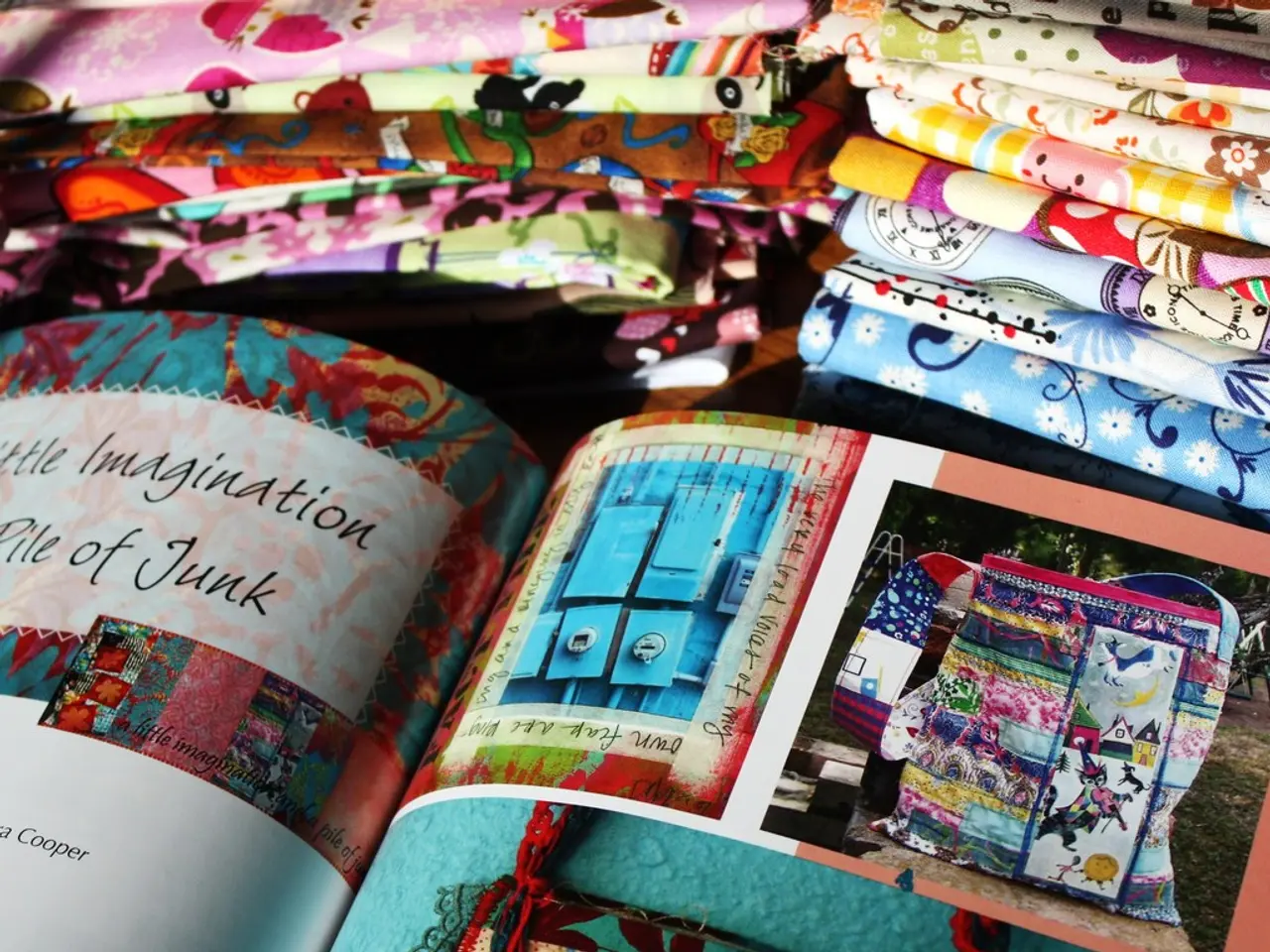parental advice: fostering progress and education in your kids
In the realm of child development, nurturing a growth mindset is key to helping children succeed in school, life, and beyond. This approach, which emphasizes effort, resilience, and a love for learning, can be achieved through various strategies.
Firstly, praising effort over innate ability is crucial. Instead of saying "You're so smart," parents and educators should focus on praising hard work, stating, "I'm proud of how hard you worked." This helps children understand that abilities can be improved through dedication and learning.
Encouraging children to face challenges independently is another essential aspect. Allowing them to struggle productively builds confidence and resilience. Letting them work through difficult tasks with gentle guidance rather than immediate solutions helps them learn problem-solving through experience.
Normalizing mistakes as learning opportunities is also vital. Discussing what went wrong and focusing on what can be learned or done differently next time reduces fear of failure and promotes persistent effort.
Creating a supportive environment that encourages exploration and curiosity is equally important. Engaging children in asking questions, experimenting, and exploring new ideas nurtures intrinsic motivation and a love of learning.
Building resilience by assigning meaningful responsibilities is another effective strategy. Praising effort and progress, and encouraging a sense of "I can handle this," increases competence and confidence.
Promoting positive behaviours through respect, reconnecting regularly, calm reflection, and reinforcement is another key element. Using positive language to replace negative commands, encouraging independence, and practicing consistent routines provides structure and security.
Modeling growth mindset and resilience oneself is also crucial. Sharing one's own challenges and how they were overcome demonstrates to children that growth is a lifelong process and everyone benefits from effort and perseverance.
Setting achievable, incremental goals and celebrating small victories is another valuable tool for maintaining motivation and demonstrating progress.
A structured daily schedule with a balance of play, learning, meals, and rest promotes organization and time management skills. Tailoring the daily routine to suit the individual needs and interests of each child is important for peak development.
Artistic activities like painting and crafting allow children to express themselves creatively, fostering imagination and self-discovery. Engaging in activities with children, such as interactive play and reading, contributes to their cognitive development.
Science experiments help children develop critical thinking skills by allowing them to ask questions, make hypotheses, and analyze results. Nurturing children's development requires focusing on their physical, mental, emotional, and spiritual dimensions.
Utilizing visual aids, timers, and cues can help children understand and follow the schedule effectively. Acknowledging children's efforts, encouraging open communication, and creating emotional connections help them thrive and reach their full potential.
Examples of nurturing behaviour in child development include providing emotional support, encouraging exploration, setting clear boundaries, active listening, and modeling positive behaviour. The Montessori method exemplifies many of these principles by allowing children autonomy, self-correction, and encouragement to love the learning process itself.
In the domain of comprehensive child development, promoting growth mindset extends beyond academics to other areas. For instance, education-and-self-development can benefit from praising progress in personal-growth activities like health-and-wellness and parenting, stressing the value of effort and perseverance.
Additionally, delicate balancing of science-related activities, such as science experiments and artistic pursuits like painting and crafting, can stimulate curiosity, critical thinking, and creativity, fostering a well-rounded individual.




